The Non-Believer Would Profit from Knowing the Contents of The Quran
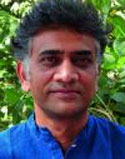
By Aakar Patel
May30, 2020
Latin
flowered into the Romance languages — Spanish, French, Italian, Portuguese,
Romanian — and itself died away. But Arabic, another ancient language like
Latin, is still alive, spoken by people from Morocco to Iraq. The reason is the
Quran.
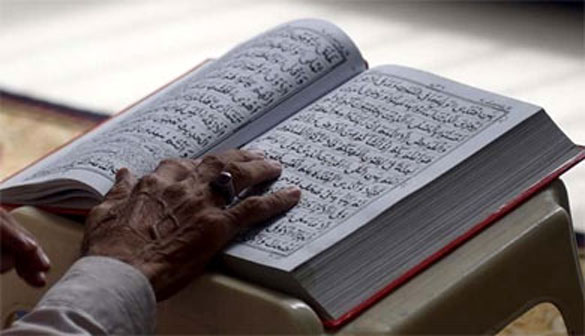 Standardised
only a few years after the death of Muhammad in 632 AD, classical Arabic has
been transmitted down in the same form, linking all people who follow the
Islamic faith. The Quran was meant for recitation (the word Quran means
recitation), to be held in memory, the Arabic word for which is Hafiza.
When someone adds the word Hafiz to their name, it means they have memorised
the entire book.
Standardised
only a few years after the death of Muhammad in 632 AD, classical Arabic has
been transmitted down in the same form, linking all people who follow the
Islamic faith. The Quran was meant for recitation (the word Quran means
recitation), to be held in memory, the Arabic word for which is Hafiza.
When someone adds the word Hafiz to their name, it means they have memorised
the entire book.
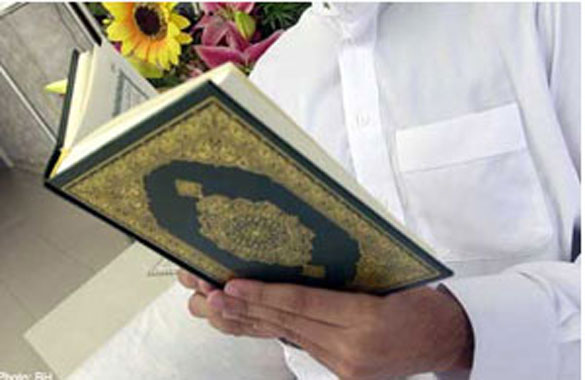 In the time
of the second Caliph, Umar, it was noticed that the memorisers from the time of
the prophet were dying. Muhammad’s secretary, Zaid ibn Thabit, was given the
responsibility of putting together what would become the book as we know it.
Scattered portions were collected — these were on ribs of palm leaves, on stone
fragments, as well as in the memorisers’ heads. The writing was in the Kufic
script, a sort of ornate typeface used in decoration. Kufic was replaced by the
script still in use today: Naskh.
In the time
of the second Caliph, Umar, it was noticed that the memorisers from the time of
the prophet were dying. Muhammad’s secretary, Zaid ibn Thabit, was given the
responsibility of putting together what would become the book as we know it.
Scattered portions were collected — these were on ribs of palm leaves, on stone
fragments, as well as in the memorisers’ heads. The writing was in the Kufic
script, a sort of ornate typeface used in decoration. Kufic was replaced by the
script still in use today: Naskh.
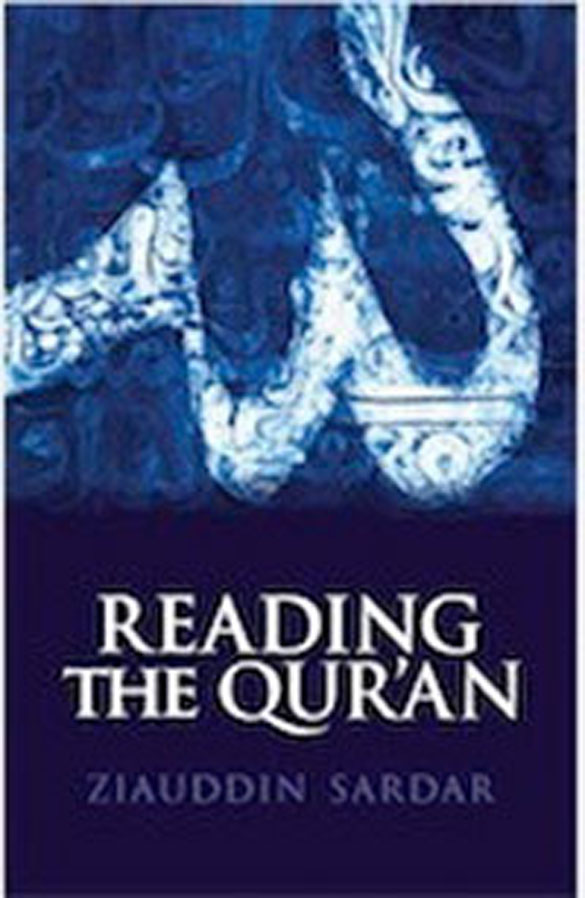 The codex
thus prepared was kept at Medina and three copies were sent to the military
camps in Damascus, Basra and Kufa. The arrangement is mechanical: the chapters
are in order of length. After the opening (Surah Fateha), comes the
longest chapter, Baqara, meaning ‘cow’, with 286 verses. After that is the
second longest, Imran, with 200 verses, and so on till the 114th. The last
chapter is AnNas (The People). It is just a few words. The whole chapter
reads:
The codex
thus prepared was kept at Medina and three copies were sent to the military
camps in Damascus, Basra and Kufa. The arrangement is mechanical: the chapters
are in order of length. After the opening (Surah Fateha), comes the
longest chapter, Baqara, meaning ‘cow’, with 286 verses. After that is the
second longest, Imran, with 200 verses, and so on till the 114th. The last
chapter is AnNas (The People). It is just a few words. The whole chapter
reads:
The
reference to jinns— spirits of lower rank than angels — made the more
scientific-minded believers want to rationalise. According to one of them, Ghulam
Ahmed Parwez, the reference was to tribals.
The exegesis or critical explanation of the Quran is called tafsir. The most famous tafsir used in the subcontinent even today is the three volumes written by Abul Kalam Azad, who had been educated in Arabia and was truly learned. Another one, in seven volumes, is by the famous Abul A’la Maududi of Aurangabad, who founded the Jamaat-e-Islami in Lahore in 1941. His interpretations of the unity of god (tawhid, from the word for ‘one’, Wahid) and of jihad were used by the Arab dissident Sayyid Qutb, whose works were the founding texts for al Qaeda.
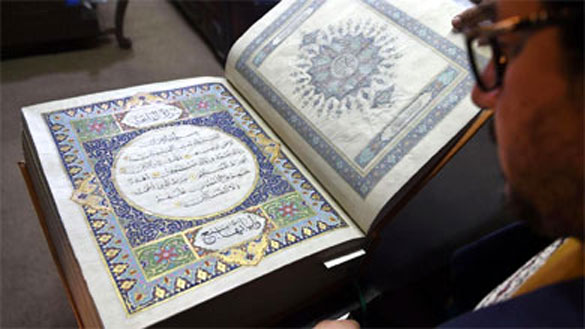 The
chapters of the Quran are divided into those that were received by Muhammad in
Mecca in the original and formative period of Islam, and those that came to him
in Medina. The former, about 90 in all, are shorter and more prophetic in
feeling, fiery and passionate, according to writer Philip Hitti. The latter are
long, verbose and full of legislative material. They refer to prayer, fasting,
pilgrimage and are written in rhymed prose, which is pleasant to hear (and
read).
The
chapters of the Quran are divided into those that were received by Muhammad in
Mecca in the original and formative period of Islam, and those that came to him
in Medina. The former, about 90 in all, are shorter and more prophetic in
feeling, fiery and passionate, according to writer Philip Hitti. The latter are
long, verbose and full of legislative material. They refer to prayer, fasting,
pilgrimage and are written in rhymed prose, which is pleasant to hear (and
read).
I have
several versions of the Quran. The one I refer to most is in three volumes,
called The Glorious Quran, compiled by Dr. Shehnaz Shaikh and Kausar Khatri. It
is a word-for-word translation into English for those who can read Arabic but
don’t fully understand what it means. Another one is The Qur’an: A Modern
English Version by Majid Fakhry.
Muslims
believe that the words of the Quran are god’s and so the book itself is sacred.
In the subcontinent, with our native sentiment towards the written word, this
feeling is even more heightened. During the riots in Delhi in February this
year it was touching to see Muslims, and perhaps some Hindus as well, gathering
burnt pages of the Quran from the charred remains of mosques.
It is
possible, perhaps even likely, that those who torched the mosques have never
read the book they burnt. It would benefit many of us if we would be curious
enough to look into what the other’s religion teaches. In the case of the Quran,
the non-believer would profit from knowing the contents of the book that is
behind one of the world’s largest faiths.
Original
Headline: Read it right, know it well: The Quran
Source: The Hindu
URL: https://www.newageislam.com/islamic-society/the-non-believer-profit-knowing/d/122252
New
Age Islam, Islam Online, Islamic Website, African
Muslim News, Arab
World News, South
Asia News, Indian
Muslim News, World
Muslim News, Women
in Islam, Islamic
Feminism, Arab
Women, Women
In Arab, Islamophobia
in America, Muslim
Women in West, Islam
Women and Feminism
